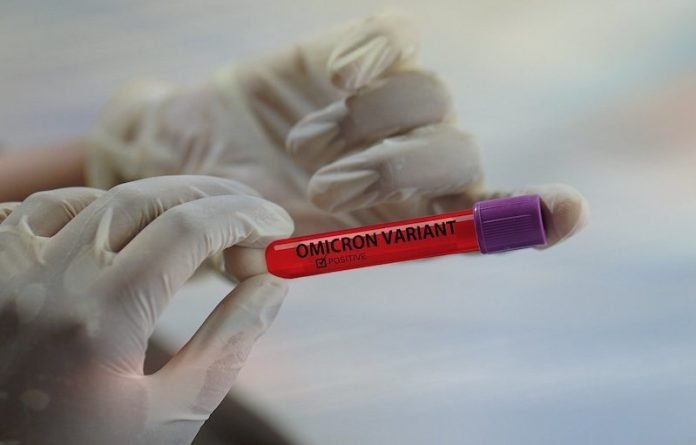
In a study from Karolinska Institutet, scientists found that BA.2.75 is not more resistant to antibodies than the currently dominating BA.5.
In May 2022, a new variant of omicron, BA.2.75, was detected, which is driving a wave of infections in India, and has spread internationally. In the last few weeks, BA.2.75 has also been detected in Sweden.
In the study, researchers characterized the new omicron variant BA.2.75, comparing its ability to evade antibodies against current and previous variants.
Tests were carried out using 40 random blood samples taken in Stockholm, both before and after the first omicron wave.
They found that omicron BA.2.75 has approximately the same level of resistance to antibodies as the dominant variant BA.5, which is reassuring news if we were to suffer a BA.2.75 wave in Sweden.
The researchers also examined whether antiviral monoclonal antibodies, which are used clinically to treat already infected patients, lose their effect against omicron BA.2.75, compared to BA.5.
The team says identifying how vulnerable the population is, right now, to emerging variants is crucial.
By producing a pseudovirus for BA.2.75, scientists were able to test its sensitivity to antibodies present in blood donors.
The team will continue to monitor new mutations that are arising in omicron sublineages that may undermine vaccines.
If you care about COVID, please read studies about a universal antibody therapy to fight all COVID-19 variants, and this face mask can capture and deactivate COVID-19 virus.
For more information about COVID, please see recent studies that flies, roaches not likely to spread COVID-19, and results showing this anti-inflammatory compound may treat severe COVID-19.
The study was conducted by Daniel Sheward et al and published in The Lancet Infectious Diseases.
Copyright © 2022 Knowridge Science Report. All rights reserved.



